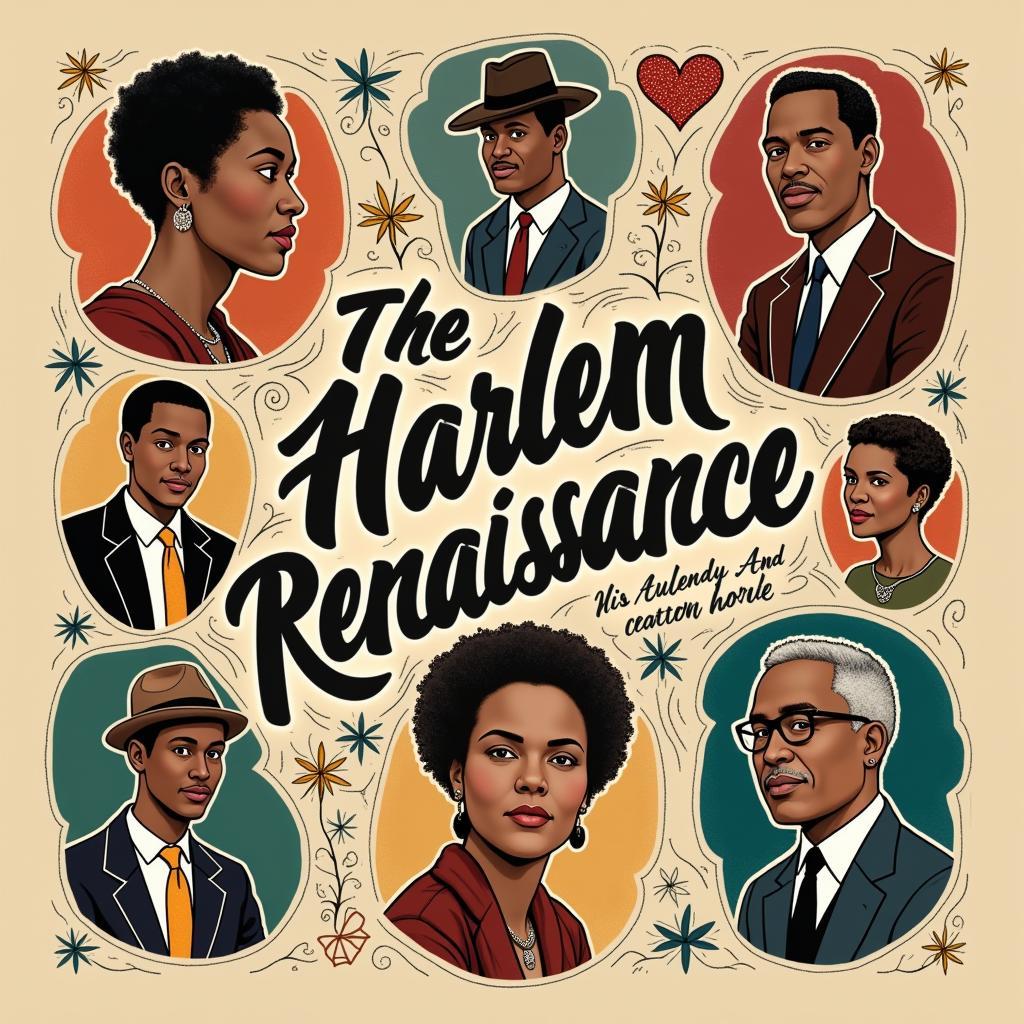Exploring the African Congo Bird: Myths, Realities, and Conservation
The African Congo Bird, a term often used colloquially, typically refers to the African Grey Parrot, a highly intelligent and fascinating species native to the Congo basin and other parts of West and Central Africa. These remarkable birds have captured the attention of people worldwide with their ability to mimic human speech and their complex social behaviors. Let’s delve into the world of these captivating creatures, exploring their natural habitat, the challenges they face, and the importance of their conservation.
Unveiling the African Grey Parrot: Intelligence and Habitat
African Grey Parrots are renowned for their exceptional cognitive abilities. They have demonstrated problem-solving skills comparable to those of young children, and their ability to mimic human speech is truly remarkable. But beyond their impressive vocalizations, these birds are integral to the ecosystems they inhabit. They primarily reside in the dense rainforests of the Congo Basin, as well as in other forested regions across West and Central Africa. They play a vital role in seed dispersal, contributing to the overall health and biodiversity of these crucial habitats. Understanding their natural environment is key to appreciating their unique adaptations and the importance of preserving their natural home. Navigating the African Congo bird market requires careful consideration, given the complexities of conservation and ethical sourcing. If you’re interested in learning more about the vibrant ecosystems these birds inhabit, check out African animals live.
This intricate market reflects the demand and challenges surrounding these intelligent creatures.
Threats and Conservation Efforts for the African Congo Bird
Sadly, the African Grey Parrot faces significant threats, primarily due to habitat loss and the illegal wildlife trade. Deforestation, driven by agriculture and logging, continues to shrink their natural range, putting immense pressure on these intelligent birds. The illegal pet trade further exacerbates the problem, with countless parrots captured and sold, often under inhumane conditions. Various organizations are working tirelessly to combat these threats through habitat preservation, anti-poaching initiatives, and raising awareness about the importance of responsible pet ownership. Learn more about the African Grey.
What Makes the African Congo Bird so Unique?
The intelligence of the African Congo bird, primarily represented by the African Grey, sets it apart. Their ability to not only mimic human speech but also understand context and solve complex problems is a testament to their cognitive prowess. This intelligence, combined with their striking appearance and social nature, has made them a sought-after pet, unfortunately contributing to the illegal wildlife trade and the need for stringent conservation measures. These birds form strong social bonds within their flocks and display a range of complex behaviors. Their intricate communication, including vocalizations, body language, and even facial expressions, underscores their remarkable social intelligence.
The Role of the African Congo Bird in its Ecosystem
As seed dispersers, African Grey Parrots contribute significantly to the health of their rainforest ecosystems. By consuming fruits and nuts and then spreading the seeds through their droppings, they aid in the regeneration of the forest and maintain its biodiversity. Their presence is crucial for the long-term health and sustainability of these vital ecosystems. Understanding their ecological role highlights the interconnectedness of species within the rainforest and the importance of protecting the entire ecosystem. For a broader view of African wildlife, consider exploring resources on African jungle animals.
Conclusion: Protecting the Future of the African Congo Bird
The African Congo bird, particularly the African Grey Parrot, faces an uncertain future. Continued habitat loss and the persistent threat of the illegal wildlife trade necessitate urgent and sustained conservation efforts. By supporting responsible conservation organizations and raising awareness about the plight of these incredible birds, we can help ensure their survival for generations to come. Protecting the African Congo bird ultimately means protecting the rich biodiversity of the African rainforest.
FAQ:
- What is the average lifespan of an African Grey Parrot? They can live for 40-60 years in the wild and even longer in captivity.
- Are African Grey Parrots endangered? Yes, they are currently listed as Endangered.
- What do African Grey Parrots eat? Their diet consists mainly of fruits, nuts, seeds, and leafy matter.
- How intelligent are African Grey Parrots? They are considered one of the most intelligent bird species, with cognitive abilities comparable to a young child.
- What can I do to help protect African Grey Parrots? Support conservation organizations, avoid purchasing illegally traded birds, and spread awareness about their plight.
- Where can I learn more about African jungle animals? You can explore resources like African jungle animals youtube.
- Are there ethical concerns regarding the African Congo bird market? Yes, the African Congo bird market, often referring to the trade of African Grey parrots, raises serious ethical concerns due to the prevalence of illegal trapping and trade, which decimates wild populations and often involves inhumane treatment of these intelligent creatures.
Situations and Questions:
You might be wondering how to identify a captive-bred African Grey versus a wild-caught one. Look for certified breeders who can provide documentation. You may also have questions about the legality of owning an African Grey in your area. Check local regulations and ensure any purchase supports ethical and legal practices.
Further Exploration:
You may also be interested in learning about other aspects of African wildlife, such as the African forest ass fuck, although this topic requires sensitivity and responsible sourcing of information.
Call to Action:
For any questions or assistance regarding African wildlife conservation, contact us at:
Phone: +255768904061
Email: kaka.mag@gmail.com
Address: Mbarali DC Mawindi, Kangaga, Tanzania.
We offer 24/7 customer support.
